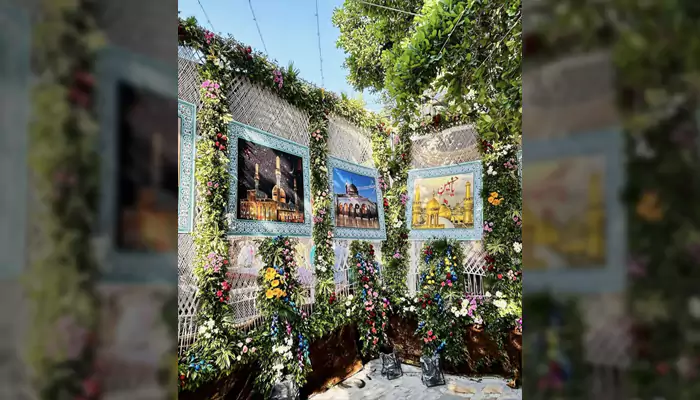Accessible Literature – The Best Libraries Around The World For Braille Readers
- Ishani Karmakar
- 1 year ago
- 4 minutes read

In a world where access to information is a fundamental right, ensuring that everyone can enjoy the pleasures of reading is crucial.
For individuals with visual impairments, Braille provides a tactile way to read and gain knowledge. Libraries around the globe have taken significant steps to make literature accessible to Braille readers, offering extensive collections and supportive environments. Here, we explore some of the best libraries in the world that cater specifically to Braille readers, ensuring that literature is within reach for everyone.
The American Printing House for the Blind (APH), USA
Located in Louisville, Kentucky, the American Printing House for the Blind (APH) is a pioneering institution dedicated to making literature accessible to the visually impaired. Established in 1858, APH is the world’s largest non-profit organization creating educational, workplace, and independent living products and services for people who are visually impaired. The APH Library offers an extensive Braille collection, featuring textbooks, fiction, and non-fiction works. Their Braille Tales program sends free Braille books to families with young children, fostering a love for reading from an early age.
National Library Service for the Blind and Print Disabled (NLS), USA
Part of the Library of Congress, the National Library Service for the Blind and Print Disabled (NLS) provides free Braille and audio materials to eligible visually impaired residents in the United States. NLS has a vast catalog of books, magazines, and music scores available in Braille. Through a network of cooperating libraries, NLS delivers these materials directly to users’ homes, making access seamless and convenient. This service ensures that Braille readers across the nation can enjoy a diverse range of literature without barriers.
Royal National Institute of Blind People (RNIB), UK
The Royal National Institute of Blind People (RNIB) in the United Kingdom is another cornerstone institution supporting Braille readers. RNIB’s library is one of the largest in Europe, boasting over 6,000 titles available in Braille and giant print formats. They offer a range of genres, including children's books, fiction, non-fiction, and academic resources. RNIB’s innovative approach includes providing Braille music scores and tactile graphics, enriching the reading experience for visually impaired individuals.
Canadian National Institute for the Blind (CNIB) Library, Canada
The CNIB Library in Canada is dedicated to ensuring that visually impaired Canadians have access to the literature they love. Their collection includes thousands of Braille books, from popular novels to educational texts. CNIB also offers a unique service called the “Visiting Library,” where books are sent directly to readers' homes, similar to NLS in the USA. This program is especially beneficial for those living in remote areas, ensuring that distance does not hinder access to literature.
Swiss Library for the Blind, Visually Impaired and Print Disabled (SBS), Switzerland
In Switzerland, the Swiss Library for the Blind, Visually Impaired and Print Disabled (SBS) serves as a vital resource for Braille readers. SBS offers a comprehensive collection of Braille books, covering a wide range of topics and genres. Their services extend beyond literature to include Braille newspapers and magazines, ensuring that users stay informed and entertained. SBS also supports multilingual readers by providing materials in several languages, reflecting Switzerland's diverse linguistic landscape.
Japan Braille Library, Japan
The Japan Braille Library is a leading institution in Asia, dedicated to serving the needs of visually impaired readers. Founded in 1940, the library offers an extensive collection of Braille books, audio books, and tactile graphics. The Japan Braille Library is known for its innovative projects, such as the development of digital Braille books, which can be accessed through specialized devices. This forward-thinking approach ensures that Braille readers in Japan have access to the latest technologies and resources.
These libraries are more than just repositories of books; they are gateways to knowledge, imagination, and empowerment for Braille readers. Ensuring that literature is accessible to all is not just a noble goal but a necessary one. Libraries around the world are stepping up to this challenge, creating inclusive spaces where Braille readers can thrive.












